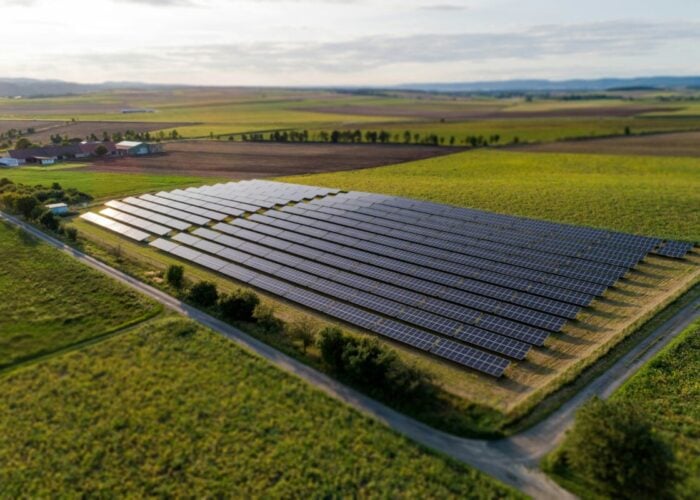Almost a week after the preliminary determination announcement from the US Department of Commerce, organisations and corporations continue to issue statements.
Suntech's chairman and CEO Dr. Zhengrong Shi said in a conference call earlier today that, “These tariffs do not take into account the global interdependence of solar industrial supply chain and are not justified by that. For example, Thailand was selected as the surrogate country to determine the normal value of solar products, even though Thailand has no major solar manufacturing and does not provide reasonable comparison to China.
Try Premium for just $1
- Full premium access for the first month at only $1
- Converts to an annual rate after 30 days unless cancelled
- Cancel anytime during the trial period
Premium Benefits
- Expert industry analysis and interviews
- Digital access to PV Tech Power journal
- Exclusive event discounts
Or get the full Premium subscription right away
Or continue reading this article for free
“Regardless of the final outcome due to Suntech’s global sourcing channels, no products that we manufacture in the US or ship to the US today are subject to these tariffs. Still this entire process has damaged the American solar industry and makes it harder for solar to compete against fossil fuels.
“We stand with a vast majority of companies in the global solar industry in our position to trade barriers, which is the top market brief inefficiency, raise products and make solar less competitive. We will continue to work with our global peers and partners up and down the value chain to try to avoid escalation of trade changes. We are looking forward to resolving this matter in the coming months and we hope the whole industry can now get back to the extremely important mission of delivering cost effective solar energy.”
On the other side of the arguments, companies like power electronics company Sustainable Energy believes the US anti-dumping ruling on Chinese modules will create a positive outlook for it. Most of its US sales are currently connected to sales of the US based tenKsolar RAISWAVE system. TenKsolar has announced that it relies on solar cells produced in the United States, Taiwan and Korea and has avoided signing contracts with Chinese suppliers because of the pending trade case.
According to Bloomberg New Energy Finance, the US decision to impose import duties on Chinese solar panels will raise Chinese module price to US$1.11 approximately 17% higher than prior to the ruling.
“We believe that the ruling will make the PARALEX enabled RAISWAVE system even more competitive in the US market,” said Michael Carten CEO of Sustainable Energy. “As the PARALEX inverter is a critical component to the tenKsolar system this will be positive to Sustainable Energy.”
On May 17, the DoC determined that Chinese producers/exporters sold solar cells in the United States at dumping margins ranging from 31.14% to 249.96% citing this as “less than fair value”.






